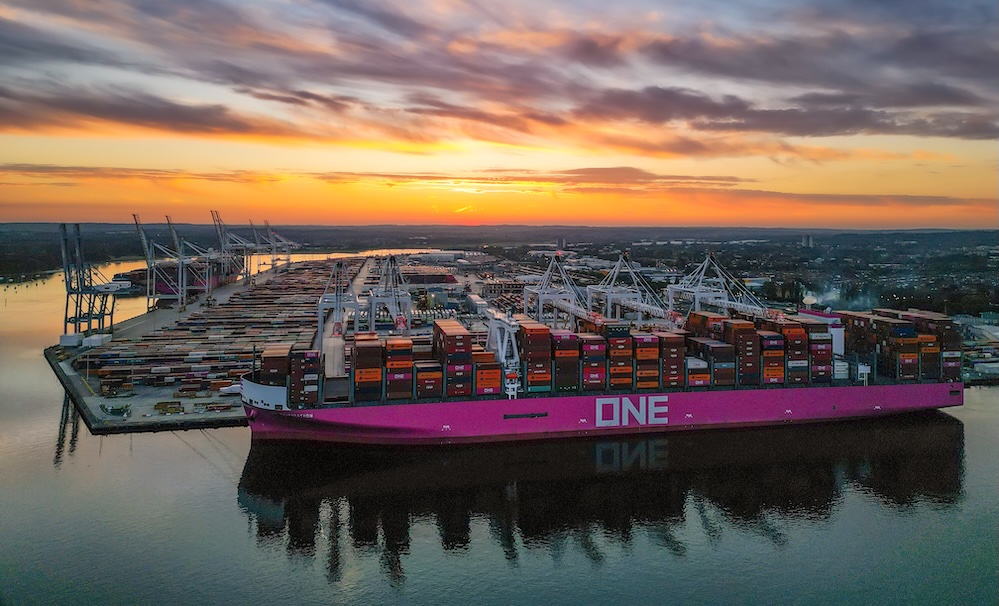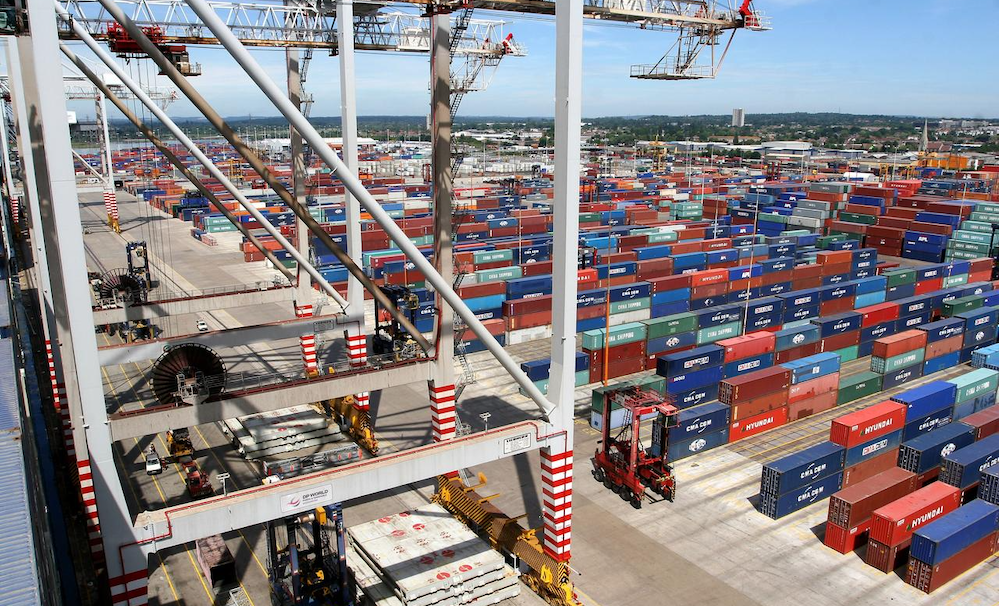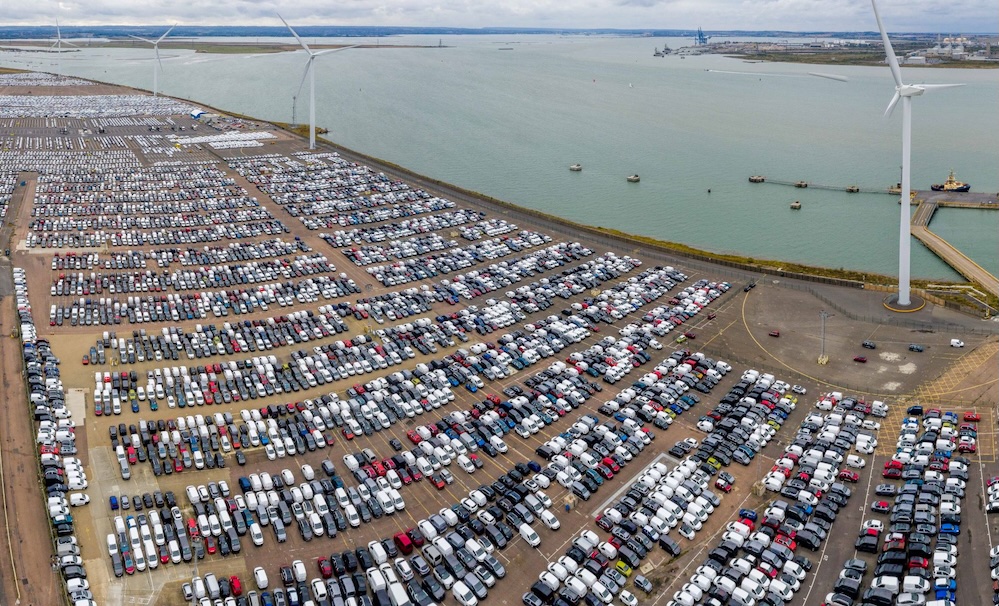Leading retail industry figures are urging the sector to import goods via UK ports closer to their end destination, in a bid to reduce carbon emissions and inefficiencies across the country’s supply chain.
The call comes as 90% of deep-sea containerised cargo enters the UK via southern ports, despite 60% of these goods being destined for the north.
This creates the need for long road journeys, across UK roads, to get retail cargo to its end destination, generating significant greenhouse gas emissions and causing major delays.
Experts will convene at a webinar hosted by the British Retail Consortium (BRC) to create a roadmap on how the industry can work together to optimise UK ports of entry for a greener, more efficient and robust retail supply chain.
Titled The 60/90 dilemma – why sluggish UK retail supply chains are overdue a rethink, the expert panel will include senior leaders from household names such as TJ Morris, The Very Group, and UK port operator Peel Ports.
The move follows a survey from Peel Ports which found 76% of UK retail leaders would want to see imported goods closer to their end destination. The research also showed improving sustainability is high on the retailer agenda, with 77% claiming that cutting carbon emissions is one of their top strategic priorities, and 79% believing more efficient transportation of goods is required to reduce greenhouse gas emissions.
With retailers placing an onus on more sustainable and efficient transportation of goods, the expert panel will assess the barriers that need to be overcome to deliver a transformative shift across the retail supply chain.
As well as reducing emissions from long-haul journeys, importing goods closer to their end destination would enhance efficiency by reducing congestion and transportation costs.
Moderated by the BRC, the webinar’s panel will include senior representatives from Home Bargains owner TJ Morris, The Very Group and Peel Ports Group.
Marcus Connolly, Strategic Commercial Director – Port of Liverpool at Peel Ports, said: “What’s clear is that retail leaders are crying out for better use of UK ports so goods arrive closer to their end destination. The benefits are numerous, with shorter lead times, fewer emissions and more efficient landside logistics, to name a few.
“Ports are primed to facilitate more sustainable retail operations, and we now need to work closely with shipping lines and the wider retail and logistics sectors to deliver more effective solutions. This discussion is a much-needed and urgent step in the right direction.”
The 60/90 dilemma – why sluggish UK retail supply chains are overdue a rethink takes place on Tuesday 5 March 2024 from 11am – 12noon GMT.







